One of the key ways of achieving a clean space, whether it’s in your office or your home, is to identify and tackle waste responsibly and efficiently. As much as you might want to manage your waste responsibly, it can be a daunting task and you may find yourself struggling to properly maintain waste management the whole time.
We would like to introduce you to the concept of Muda. Here at Skip It, we are working towards a cleaner and greener London, and appreciate every concept and method that aims to help reduce wastefulness.
Read on to find out more about this innovative concept.
What is the Muda concept?
Muda is a Japanese term, which translates to mean futility, uselessness and wastefulness. It is also one of the three evils of manufacturing systems, the other two being mura – unevenness, and muri, which means overburden.
The Muda concept generally refers to the loopholes within waste management, and how you can reduce or eliminate entirely, by simply identifying the value of materials, and if they are worth their costs.
The principle mainly adapts the idea of allocating materials into two categories: value-adding and waste. In other words, it distinguishes between what is avoidable and unavoidable waste. Value-adding, also called Muda type 1, refers to anything the consumer pays for and that is necessary and useful to them, while actual waste, Muda type 2, is of no value to the consumer at all.
The Muda concept contains seven types of waste:
- Transport: Transportation waste that can be reduced to save time and money.
- Movement: Unnecessary movements that can increase costs. This includes workers as well as machines that require energy to perform processing.
- Waiting: Lots of time and money can be wasted while waiting. If you’re paying workers, yet they have to wait for other procedures to be done, money can be significantly wasted. This also refers to machine-waiting.
- Over-processing: Processing materials more than is actually required, which results in more time and money to produce the product. This also refers to components that are more costly and higher-quality than required.
- Over-production: This deals with production exceeding need. Over-production takes up more time and other resources that aren’t necessary.
- Inventory: Any material that could be of use but is merely left to sit around is a form of waste, as you’ve already paid for it.
- Defects: Any product that has a defect, and needs work or can be chucked away. However, re-working requires more effort, which, again, will need more time and money.
How can I use the Muda concept?
If you’d like to tackle the waste issue, whether it’s in your office or at home, the first step is to recognise your waste, and ultimately identify which waste materials can be avoided in the future, and which ones can even be re-used, to reduce overall waste production.
We therefore suggest three main steps in tackling waste:
- Make waste visible: Make yourself and others in your surroundings aware of how much waste is being produced on a daily basis.
- Measure and identify the waste: This is where the Muda concept comes into play, allowing you to determine what waste can be avoided or re-used, such as plastic and paper waste, and which materials are simply considered unavoidable waste. This can refer to green waste or single-use items.
- Reduce or eliminate the waste: The ultimate goal of the Muda concept.
In order to significantly reduce your waste, we recommend recycling. Here at Skip It, we are dedicated to reducing as much waste as we possibly can, to help save the environment. In fact, 95 per cent of all the waste we handle gets recycled by our network of accredited recycling centres.
You can join us on our mission to make London a greener place, by booking one of our reliable and effective waste collection services. Whether it’s for a residential or commercial site, our professional team of experts can handle just about any type of waste, in almost any shape or size.
Contact us today to find out more about how you can adapt the Muda concept with our helpful services.



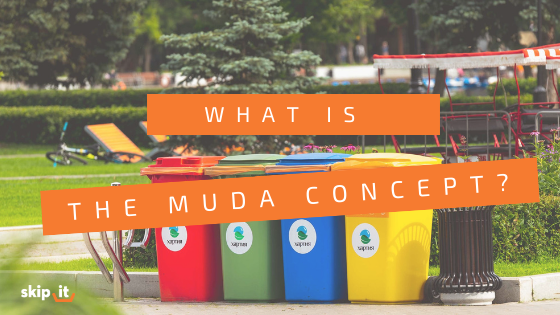
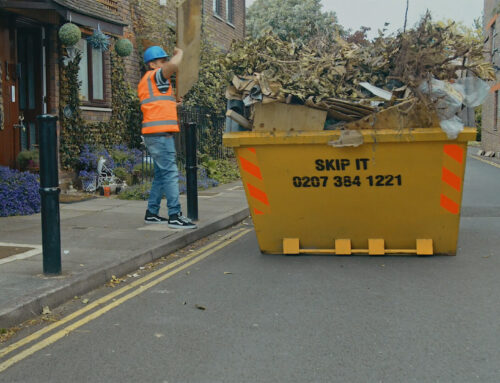
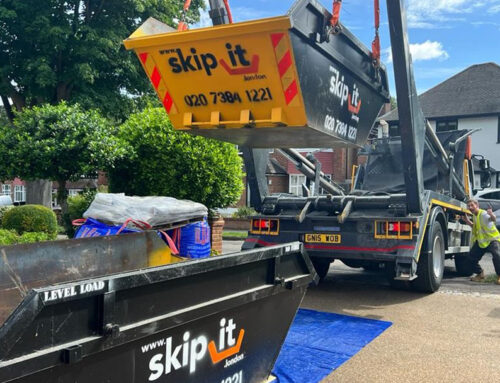
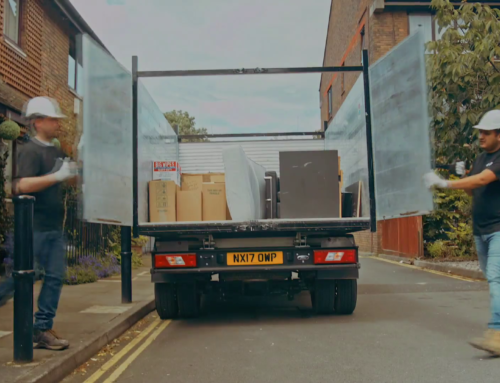
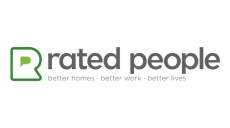


Leave A Comment